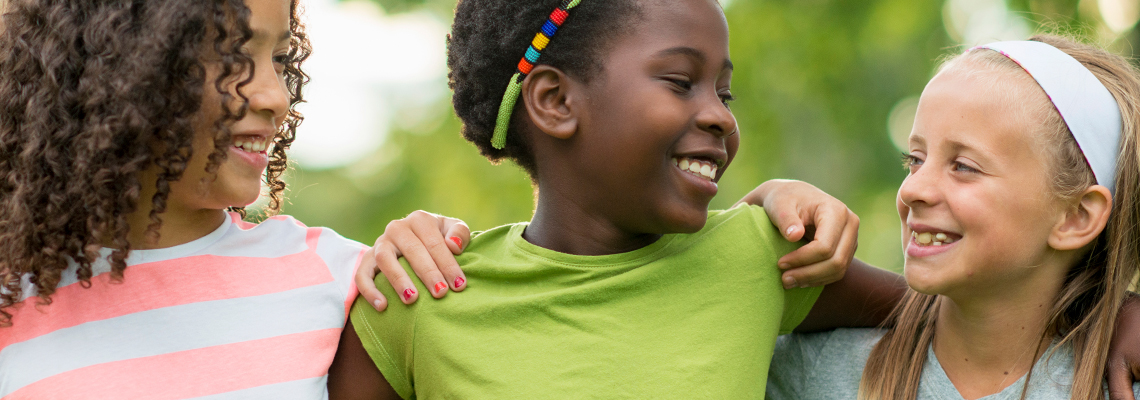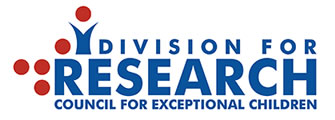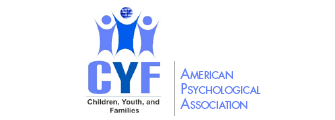
For many families from different ethnic and racial backgrounds, it is common to have the “race talk” at some point. Research demonstrates that children recognize racial differences fairly early in their development. Given research on this topic, it is important for all parents to know how to have healthy conversations about racial differences and racism.
Over the last few years, tension has increased across America due to incidents of racism in the media. Many parents struggle with how to talk about racial differences. Research shows that having healthy conversations about race improves children’s self-esteem, academic performance, and mental health functioning.
Defining racial and ethnic socialization
Racial and ethnic socialization (RES) is described as communicating race-based messages from parents to their children. Although RES can be useful to all ethnic groups, a large percentage of psychological research has been on African American communities and communities of color.
Among parents from ethnic and racial groups, RES may involve talking about the family’s cultural heritage, history related to ones’ ethnic group, or preparing children to deal with biases they may experience based on their racial group membership. The limited research on RES among white families has focused on how raising anti-racist children may involve creating more opportunities for intergroup contact and less focus on talking about being white. This is significantly different socialization compared to families of color who more often have to discuss expectations about experiencing racism or discrimination.
Research has provided evidence on the healthy benefits of racial socialization for youth of color. For example, it helps youth be more resilient and overcome adversity related to negative stereotypes about their race. Importantly, many white families do not discuss RES and instead promote color-blindness. Color-blindness ideology is related with the idea that racism no longer exists. However, as we know from continued events in society, race does impact our interactions, even if we are unaware.
Tips on Talking with Children about Racism
Using racial and ethnic socialization may be one way parents can begin to talk about racism. The American Psychological Association (APA) developed a website as part of their Racial and Ethnic Socialization (RES) initiative (http://www.apa.org/pi/res/). The RES website provides a handy tool that discusses the importance of racial and ethnic socialization and offers tips on how to talk with children about racial differences. Below are some suggestions:
Be honest with yourself and your child. It’s important to acknowledge your feelings about race – whether it is anger, frustration, or sadness. When talking with your child, provide an opportunity to discuss how to cope with those thoughts or feelings. Consider referring to the RES Tips for Parents offered by the APA for age appropriate information.
Plan ahead for the conversation. Talking about racial issues can be difficult for you and your child. Practice what you want to say in advance. Use that time to think about possible questions your child may ask so you don’t feel pressured to come up with a response on the spot.
- Consider using activities, books, or movies to talk about racial differences.
- For younger children, a starting point may be books that show children of different ethnic or racial backgrounds. Discussing events in the news may be more helpful conversation starters with teens.
Allow your child to share. Don’t force the conversation or feel like you have to provide all the answers at once. It is useful to get your child’s perspective and see what he/she may already know. Given the amount of time children spend outside of the home, it is possible that you may have to correct or confirm information they have obtained from peers or other adults.
Provide reassurance. It is helpful to provide your child with a sense of safety and security. Instill hope in them and discuss ways to promote equality. It is also important to let your child know that if they want to talk later or have more questions, that you can be available to support them. After the conversation set up time to engage in a fun, stress-free activity.
Proper citation link for this blog post:
Turner, E.A. (January 9, 2018). How to Talk with Children About Racial Differences and Racism. Retrieved from http://infoaboutkids.org/blog/how-to-talk-with-children-about-racial-differences-and-racism/
Note: Previous versions of this blog have been published on U.S. News & World Report and Psychology Today.
















